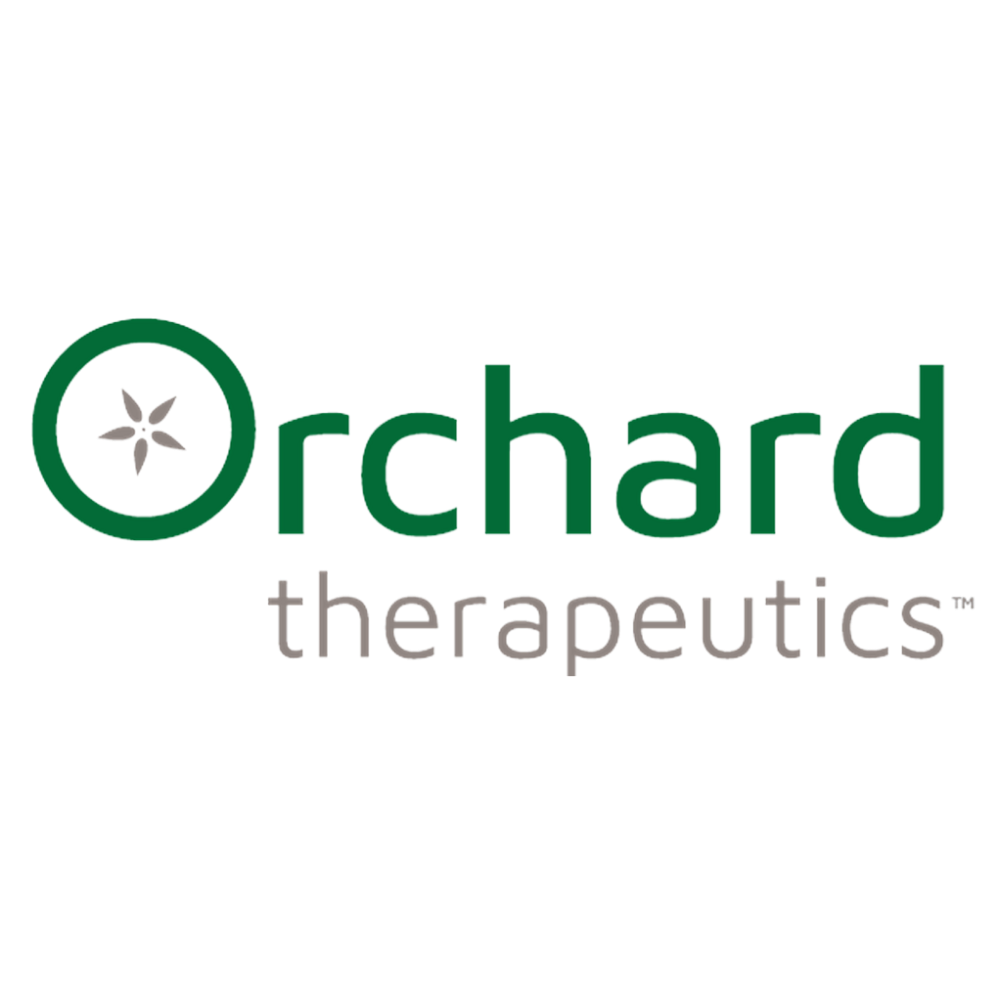
FDA approved first gene therapy for children with metachromatic leukodystrophy
On Mar. 18, 2024, the U.S. Food and Drug Administration (FDA) approved Orchard Therapeutics’ Lenmeldy (atidarsagene autotemcel), the first FDA-approved gene therapy indicated for the treatment of children with pre-symptomatic late infantile, pre-symptomatic early juvenile or early symptomatic early juvenile metachromatic leukodystrophy (MLD).
Metachromatic leukodystrophy is a debilitating, rare genetic disease affecting the brain and nervous system. It is caused by a deficiency of an enzyme called arylsulfatase A (ARSA), leading to a buildup of sulfatides (fatty substances) in the cells. This buildup causes damage to the central and peripheral nervous system, manifesting with loss of motor and cognitive function and early death. It is estimated that MLD affects one in every 40,000 individuals in the United States. There is no cure for MLD, and treatment typically focuses on supportive care and symptom management.
Lenmeldy is a one-time, individualized single-dose infusion made from the patient’s own hematopoietic (blood) stem cells (HSCs), which have been genetically modified to include functional copies of the ARSA gene. The stem cells are collected from the patient and modified by adding a functional copy of the ARSA gene. The modified stem cells are transplanted back into the patient where they engraft (attach and multiply) within the bone marrow. The modified stem cells supply the body with myeloid (immune) cells that produce the ARSA enzyme, which helps break down the harmful build-up of sulfatides and may stop the progression of MLD. Prior to treatment, patients must undergo high-dose chemotherapy, a process that removes cells from the bone marrow so they can be replaced with the modified cells in Lenmeldy.
Tags:
Source: U.S. Food and Drug Administration
Credit:
